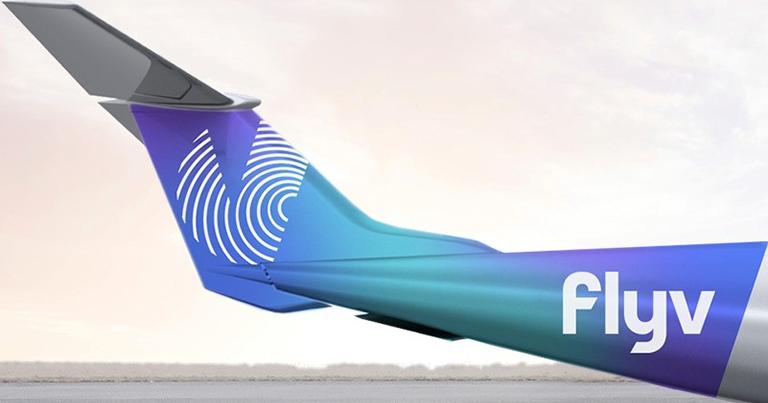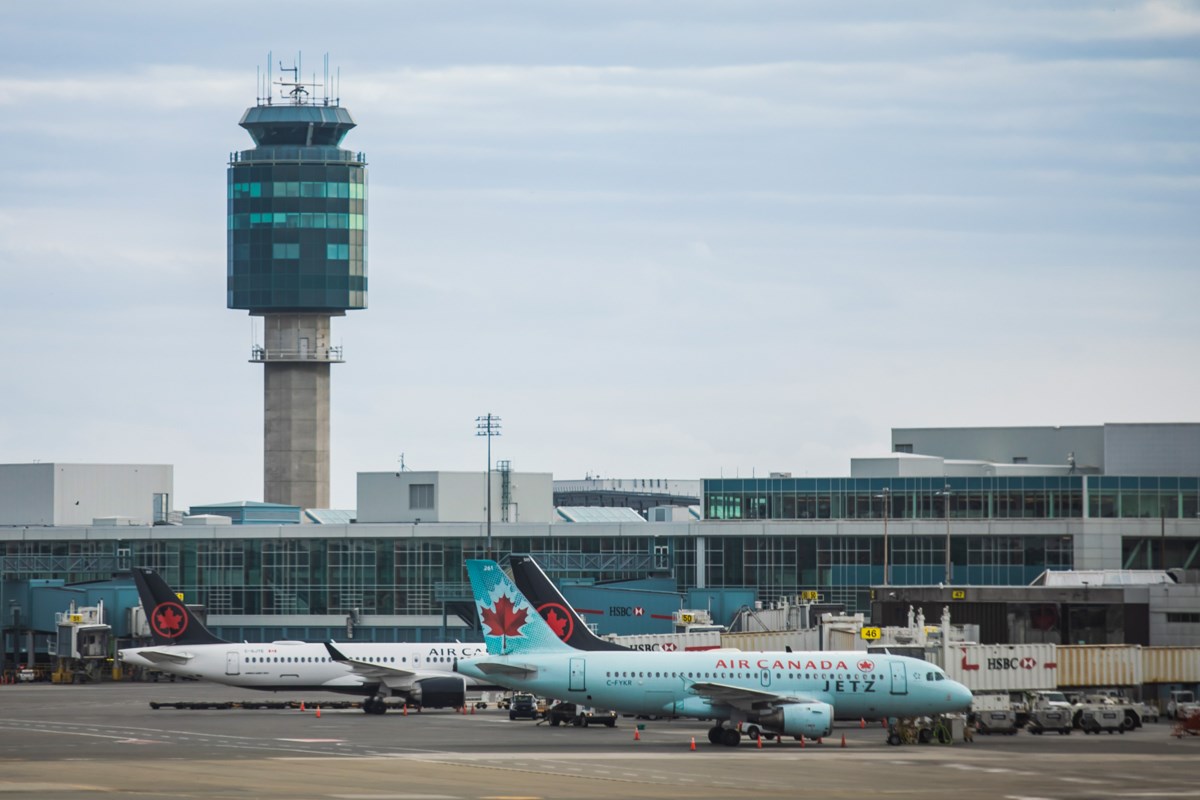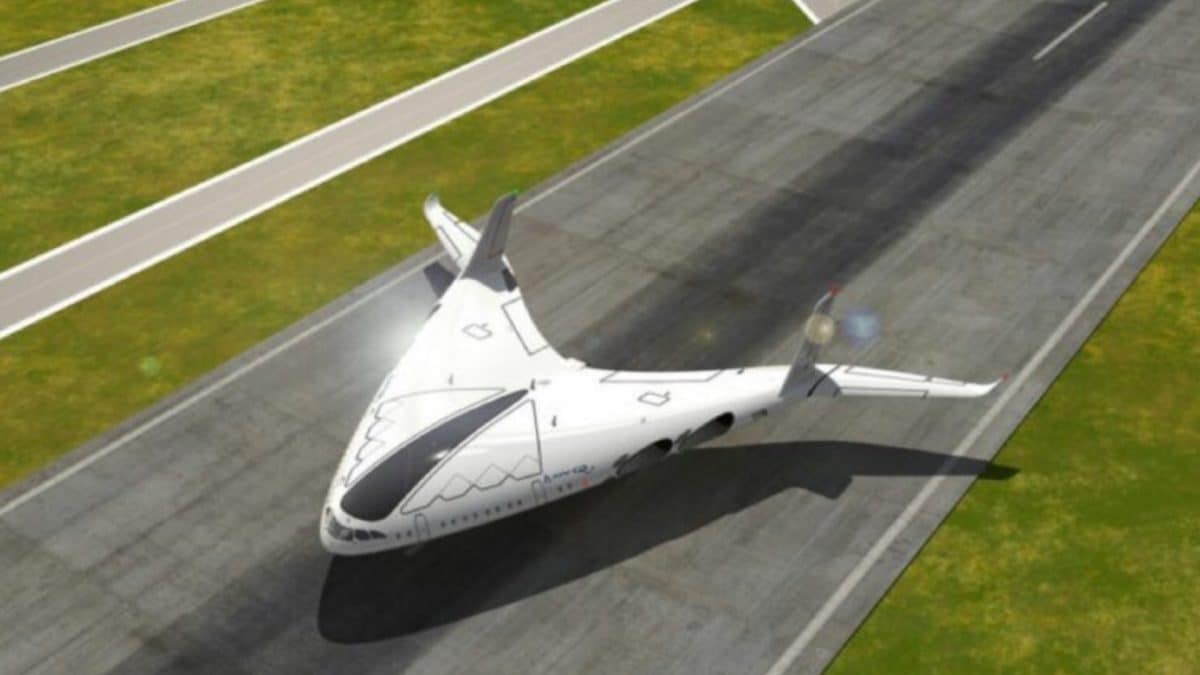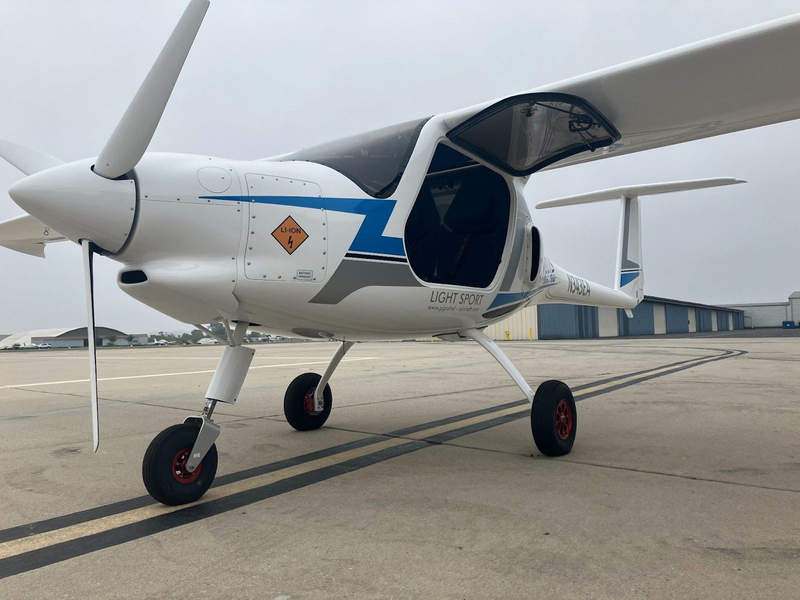
flyv plans to use Artificial Intelligence (AI) to match demand and availability to enable flexible booking for passengers. The company will operate small aircraft carrying around 10 passengers and is exploring existing aircraft in service and novel zero-emission designs.
ZeroAvia is advancing in its efforts to certify a 600kW (ZA600) hydrogen-electric engine capable of powering 9-19 seat aircraft with fuel cell power only. The company plans entry-in-service of ZA600 in around two years’ time.
As part of the agreement, ZeroAvia and flyv will explore regional air mobility networks across Europe, exploring the potential economic and passenger benefits of introducing fuel cell-powered flight.
“As a low-cost, on-demand airline, we are proactively analysing how to enhance efficiency and operational stability in a rapidly-evolving world,” said Anton Lutz, Co-founder, flyvbird. “With policies across the EU steadily making operating fossil fuel flight more costly and difficult, it is crucial for us to align with partners like ZeroAvia today, to prepare for a truly sustainable future. With ZeroAvia’s recent successes in engine development and testing, the feasibility of this innovative approach is clearer than ever.”
ZeroAvia has been flight testing a prototype of its ZA600 aboard a Dornier 228 aircraft at its UK base. Hydrogen-electric engines use hydrogen in fuel cells to generate electricity, which is then used to power electric motors to turn the aircraft’s propellers. The only emission is water.
“Flying can be the cleanest, quickest and cheapest way to travel in the near future given the rapid progress of zero-emission propulsion technology,” said James Peck, Chief Customer Officer, ZeroAvia. “It’s exciting to work with an innovative startup airline like flyv that is rethinking the status quo to extend the benefits of flying.”












